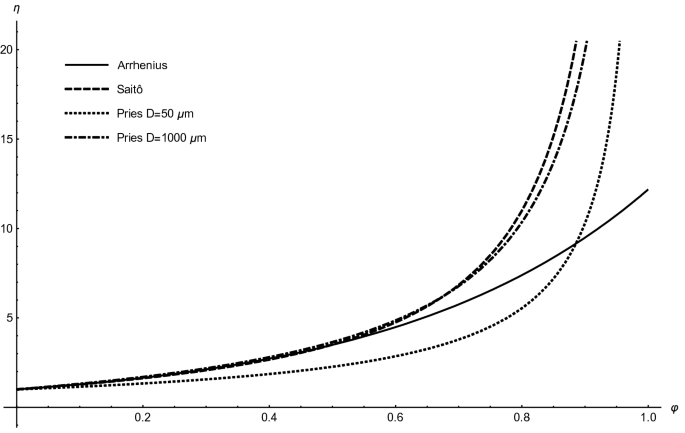Two large pharmacoepidemiological studies have compared the rate of venous thromboembolism in men receiving testosterone treatment versus a control group (men not receiving testosterone treatment).
39,40 The first study – which we have presented previously “
Risk of Venous Thromboembolism in Men Receiving Testosterone Therapy” - showed that testosterone treatment is not associated with an increased risk of venous thromboembolism.
39 The second study concluded that starting testosterone treatment is associated with an increased risk of venous thromboembolism during the first 6 months of testosterone treatment, and declines thereafter.
40 A meta-analysis was recently conducted on these two studies.
33 A meta-analysis is a statistical approach to combine the results from multiple studies in an effort to increase statistical power (over individual studies), improve estimates of the effect size and/or to resolve uncertainty when studies disagree.
41,42 This meta-analysis showed that testosterone treatment is not associated with an increased risk of venous thromboembolism, even when the analysis was confined to the first 6 months of testosterone therapy. Risk of blood clots seems to be more strongly associated with estrogen and estrogen treatment. The contribution of estrogen as a causal factor in venous thromboembolism is supported by the World Professional Association for Transgender Health (WPATH), which report that the greatest risk factor of male-to-female estrogen hormone treatment is venous thromboembolism. This is not the case in female-to-male transsexuals, who are treated with testosterone.
Ohlander SJ, Varghese B, Pastuszak AW. Erythrocytosis Following Testosterone Therapy. Sex Med Rev. 2017 [May 16, Epub ahead of print] In discussions about side effects of testosterone treatment, prostate cancer and heart disease get most attention. However, as we have described in several study...

www.nebido.com




















